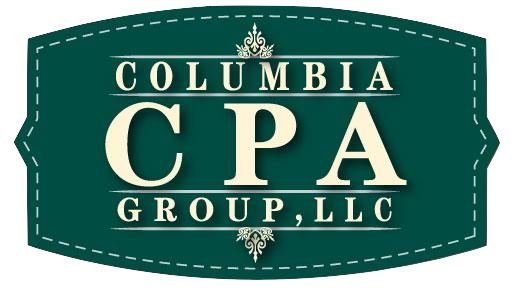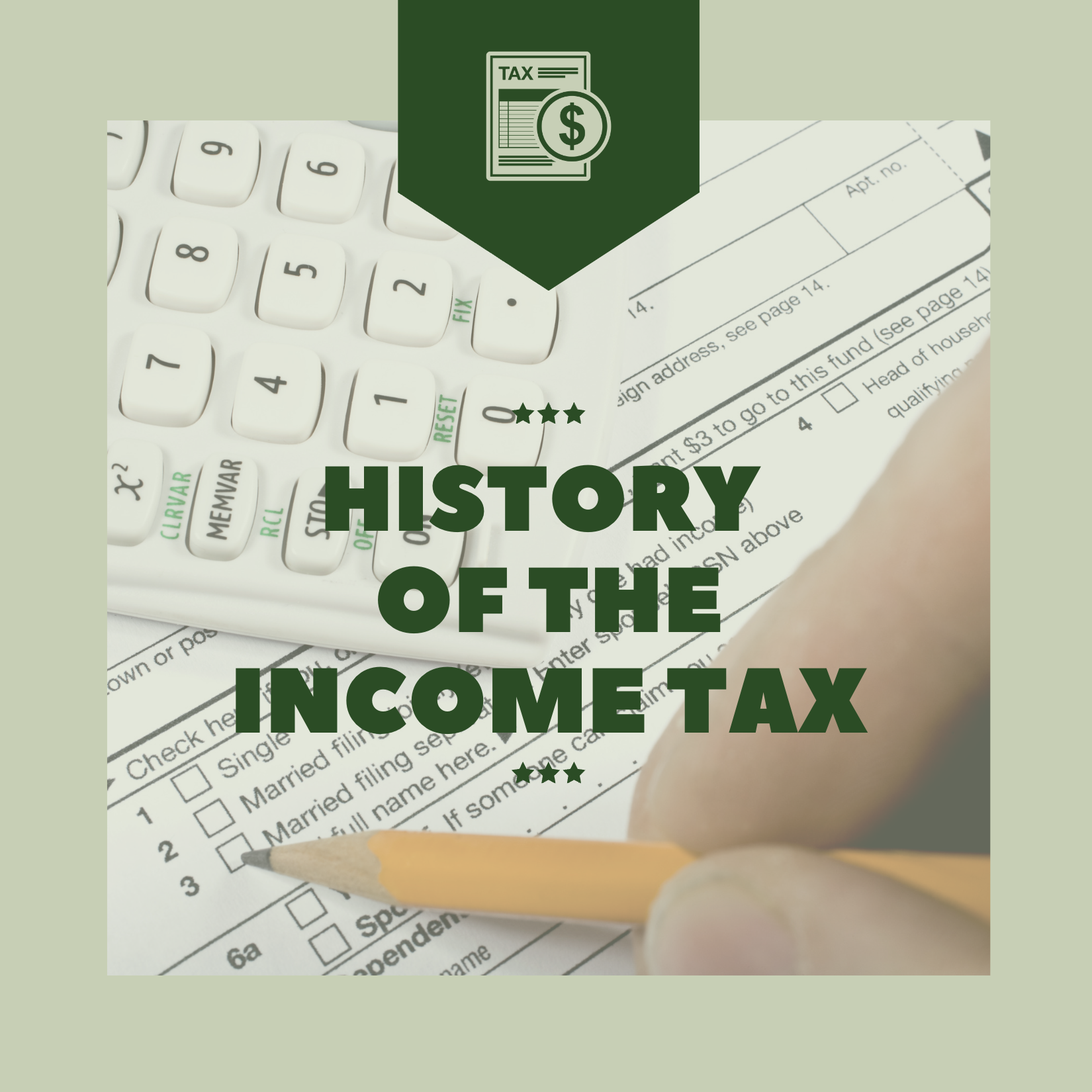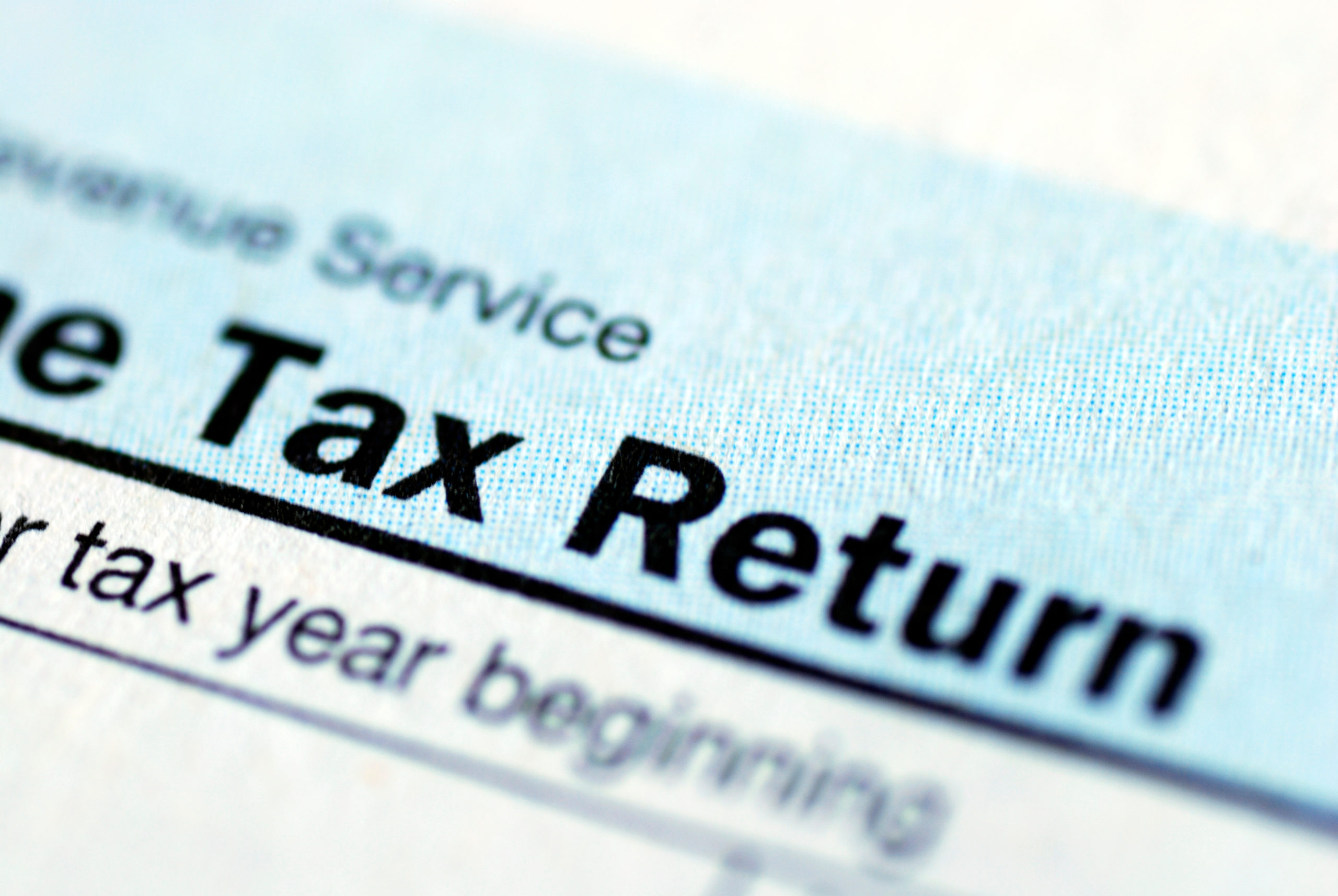
Happy 245th birthday to the United States of America. The last sentence of the Declaration of Independence reads: “And for the support of this Declaration, with a firm reliance on the protection of divine Providence, we mutually pledge to each other our Lives, our Fortunes and our sacred Honor.” Nine of the 56 signers did not live to see victory over Britain.
In 2020, I collaborated with 15 other tax planning professionals and the American Institute of Certified Tax Planners to produce “Thinking Outside the Tax Box, Legal Loopholes for Your Small Business” (ISBN: 978-0-9832341-8-0). To get your free copy, be one of the first 12 people to call 442-4000 to schedule a brief conversation with me. The book reveals many strategies for people to legally reduce their tax burden. I authored chapter 15, Protecting Yourself from Tax Myths, Mysteries and Frauds. This article includes excerpts from that chapter.
The tax code is very complicated. Getting your tax advice from coworkers, friends, or the internet could be very costly. This essay exposes five myths and five fraudulent mysteries that could save you from an IRS audit, thousands in penalties or even a stint behind bars for tax evasion.
Busting the Five Most Common Tax Myths
The internet is full of tax-related advice from “experts.” Unfortunately, erroneous tax ideas abound online. A second issue is that the tax law changes regularly.
- Myth #1: Extensions Give You More Time to Pay
- False. Pay more than you think you will owe by April 15 and the IRS will refund the difference when you file your extended return by October 15.
- Myth #2: You Don’t Have to Pay Taxes on Illegal Income
- False. The famous Chicago gangster Alphonse Capone was put behind bars for tax evasion, not for organized crime, murder, bootlegging, etc.
- Myth #3: Paying Income Taxes is Voluntary
- Years ago, I was hitchhiking through Kansas when my friend and I were picked up by a proud tax protester. He was an itinerant welder. He moved from job to job claiming an inordinate number of tax exemptions so that no taxes were withheld from his paycheck. When the IRS eventually found him and notified his employer to begin withholding taxes, he packed up and moved to another state. He spoke of the glories of being a modern-day patriot and the tax protester movement. Yet, his vagabond lifestyle, absence of family ties, and lack of direction were not attractive to me. Of course, he spouted off theories from the tax protest movement regarding taxes and the Constitution that I later confirmed were erroneous imaginings and fabricated hogwash.
- Myth #4: Only the Wealthy Get Audited
- The IRS purposely audits a certain percentage of low-income tax returns to motivate people to file truthful tax returns.
- Myth #5: Taxpayers are Not Responsible for Errors Made by Tax Preparers
- Having a professional prepare your tax return is a good defense against certain penalties, but it will not protect you from owing additional tax if an error is found. By signing the return, you attest to its accuracy.
In summary, these five myths are just the tip of the iceberg when it comes to the misinformation circulating online. Always check the source before implementing any tax advice.
Tax Mysteries
Understanding Five Techniques Used by Tax Evaders (Cheaters): Thinking outside the tax box is a critical strategy for legally keeping your tax bill low, but there is a difference between minimizing taxes through little-known strategies found in the tax code and breaking the law. For most taxpayers, the following five fraudulent techniques are not mysterious, but common sense.
- Mystery #1: Paying Wages “Under the Table”
- Beware of unethical employers who illegally pay workers with cash to avoid taxes and insurance. The worker always loses benefits.
- Mystery #2: Pyramiding
- Pyramiding is a tax-evasion scheme where the employer withholds taxes but never pays them to the IRS, then starts a new company and does it again.
- Mystery #3: Misclassifying Employees
- Ignoring the following factors 1) behavioral, 2) financial, and 3) business relationship and treating an employee as an independent contractor is improper.
- Mystery #4: Hiding Money in Off-Shore Accounts
- Swiss accounts are no longer anonymous.
- Mystery #5: Failing to Declare Income
- All income is taxable.
In summary, the IRS considers tax evasion to be any deliberate attempt to mislead or make false statements for the purpose of reducing tax liability. Anything that falls into the following categories could result in substantial penalties:
- Making false entries or otherwise altering invoices and documents
- Keeping two sets of books
- Destroying financial records
- Concealing assets or hiding income sources
- Taking unusual steps to avoid records of financial transactions
Famous Tax Cheaters
Here is a list of five famous people who were prosecuted for income tax evasion.
1. Pete Rose, retired baseball pro, was sentenced to five months in prison in 1990.
2. Actor Wesley Snipes spent 2.5 years in prison.
3. Chuck Berry, a rock ‘n roll pioneer, served time in a in federal prison and four years of probation. Mr. Berry died in 2017 at age 90.
4. Willie Nelson, famous singer-song writer, was forced to auction off his home and other assets to cover his $16.7 million tax debt.
5. Actor Nicolas Cage admitted owing the IRS $14 million in unpaid taxes after an IRS tax lien was filed in 2012. He paid $6.5 million but still has outstanding tax debt.
Aric Schreiner, CPA, PFS, is managing member of Columbia CPA Group, LLC
.




